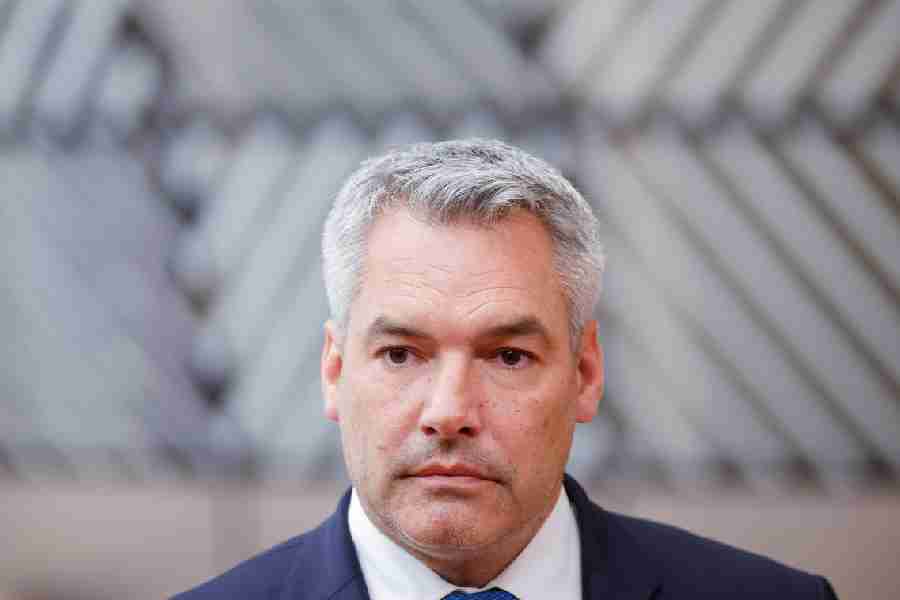In the 17 months since Moscow ordered soldiers into Ukrainian territory, countries across Europe have moved with surprising speed to reduce their longstanding dependence on cheap Russian gas.
Germany, which got 55 per cent of its supply from Russia before the war, now imports zero. Poland, Bulgaria and the Czech Republic have halted or are close to halting flows. And Italy has been steadily trimming imports, and pledges to be free of Russian natural gas by the end of this year.
By contrast, Austria, which received nearly 80 per cent of its gas from Russia before the invasion, still got more than half its total from Russia in May. And in March, when demand was higher, the figure reached 74 per cent. As long as Russia is selling gas, Austria will buy it, the chief executive of the Austrian energy company OMV Group said this month.
The government’s difficulties in weaning itself off Russian gas, which it has pledged to do, have drawn complaints from critics who say Austria’s gas payments are helping to finance Moscow’s war machine.
“I don’t think they are doing enough,” said Anne-Sophie Corbeau, a research scholar at the Center on Global Energy Policy at Columbia University’s School of International and Public Affairs. “The government is among the friendliest towards Russia.”
Austria, the first western European country to sign a gas contract with the Soviet Union in 1968, has for decades been heavily reliant on gas piped in from Russia.
A major reason the EU has not initiated any formal sanctions against Russian gas imports, like those that
apply to Russian oil and coal, is that Austria and other huge buyers have argued they need it.
And some European countries remain buyers of Russian liquefied natural gas, which arrives by ship, although the overall amount sold is a small fraction of the volumes that used to arrive on the continent by pipeline.
An immediate cutoff would lead to economic ruin and mass unemployment, Chancellor Karl Nehammer of Austria warned last year.
New York Times News Service











